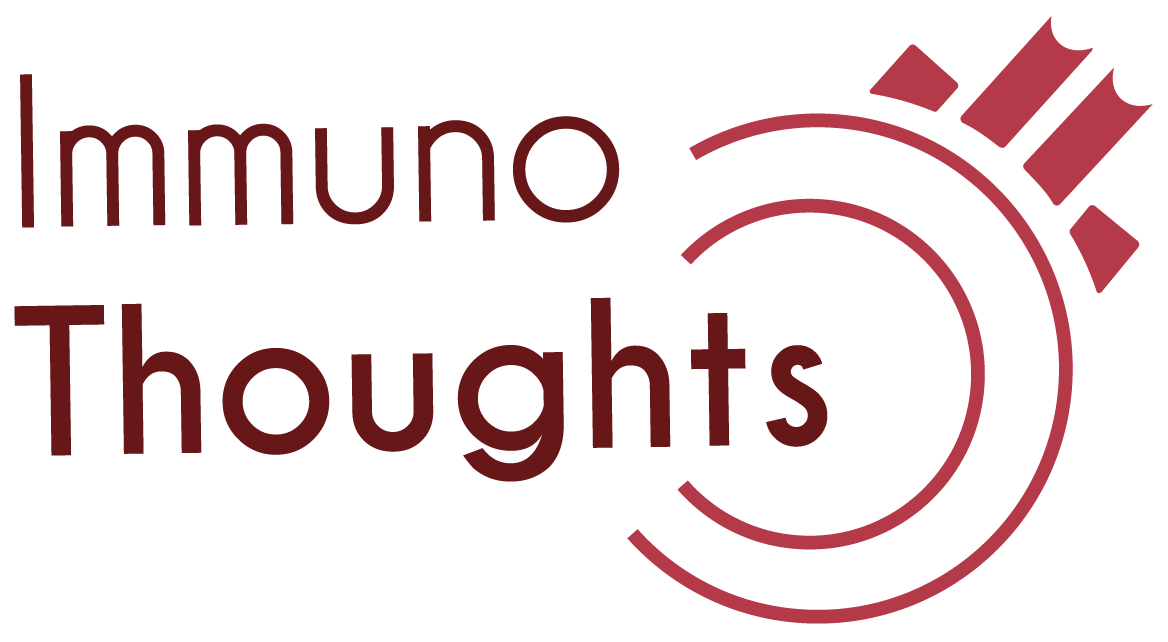A natural way to make better antibodies
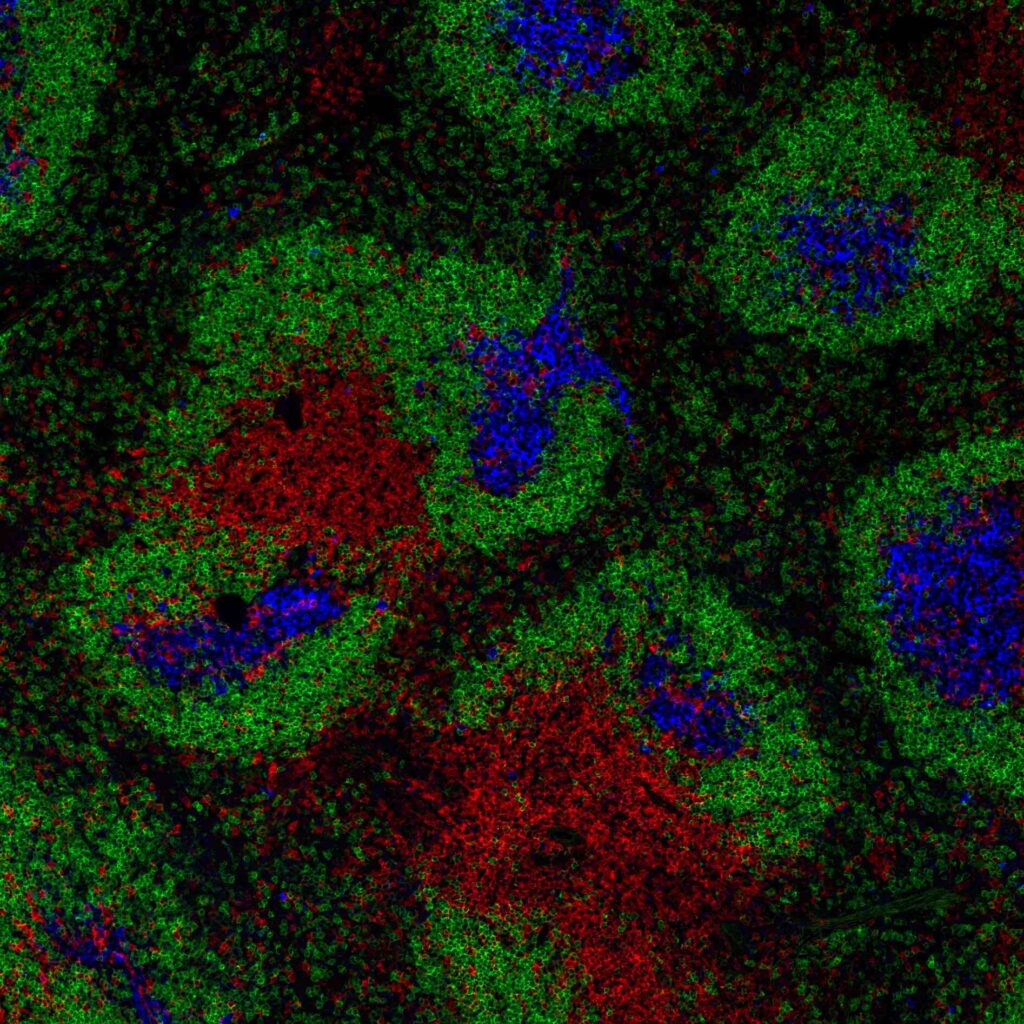
Last week, I was scrolling through social media, and this ad came out talking about some “miracle” smoothie. This juice promised to give my immune system some superpower, allowing me to have better antibodies to fight any cold or viral infection that hit my way. Well, I have to say that, sadly, there is no […]
T regulatory cells: the firefighters of the immune system
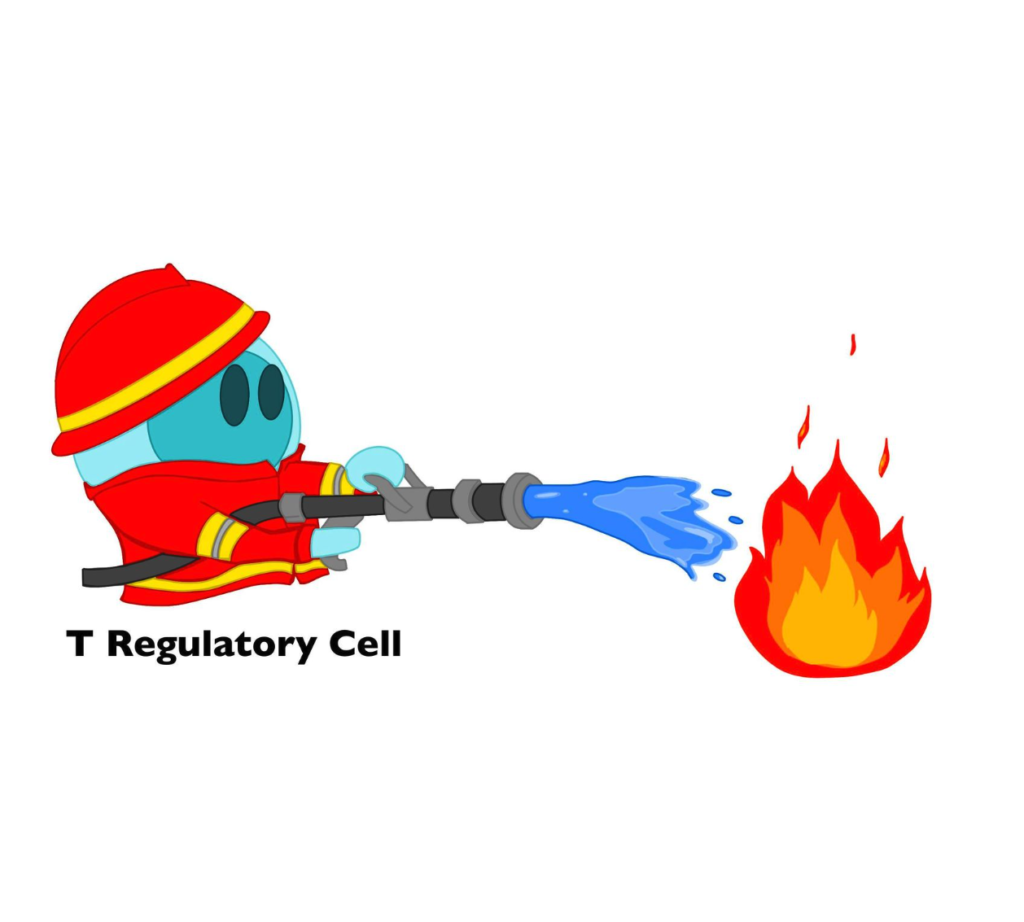
It was like a quiet summer day until one of your internal fighters decided to attack and kill some of your healthy cells. But it doesn’t stop there. The death of these cells starts a “fire”. That is when the T regulatory cells come into action!
I’m not lazy, it’s called selective participation – Explaining T cell anergy
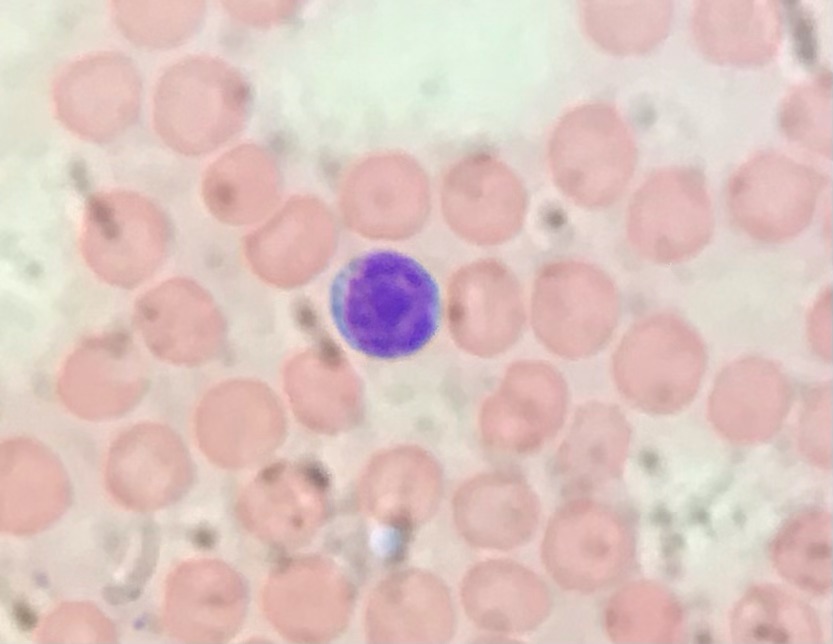
Our internal mechanism of defence (known as the immune system) is made of many different cell types that together help protect us against infections and cancer. Today we are talking (again) about my favourite cell type, called T cell. To do their job, they need to receive specific signals allowing them to be activated and ready to […]
How viral mutation can impact the immune system (feat. Dr. Pardy)

I’m delighted to continue the interview series with trainees in immunology around the world. In this post, I’m featuring Dr. Ryan Pardy, an outstanding postdoctoral fellow from Dr. Christopher Hunter’s laboratory at the University of Pennsylvania. I’m fortunate that Ryan accepted my invitation, as he is not only one of my “role model scientists” but […]
Do T cells ever get “tired”? An introduction to T cell exhaustion
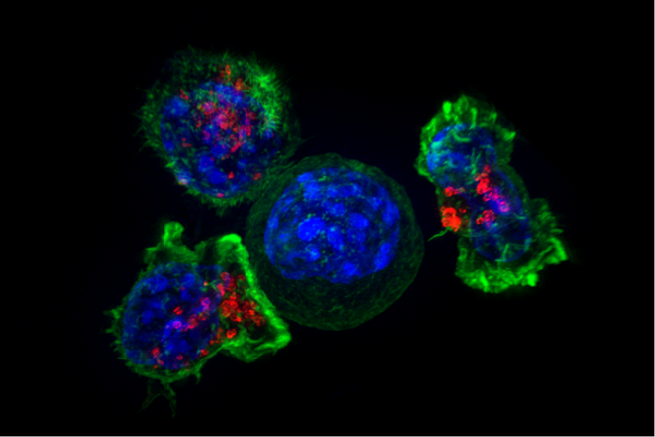
Two weeks ago I did a road trip with my (now) fiancé and our beautiful dog. We visited cities in New Brunswick, Prince Edward Island and Nova Scotia. We had an amazing time, but as soon as we got home there were a million chores to do (unpacking, laundry, groceries, etc). I was so tired […]
“I have a message for you”: an introduction on mRNA vaccines
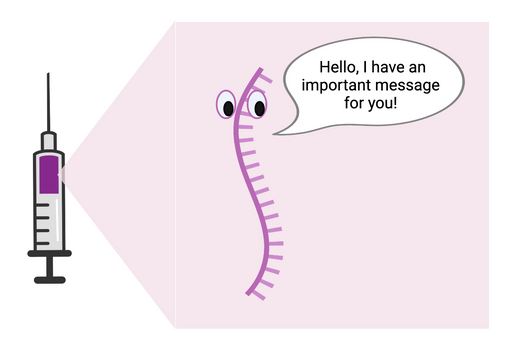
I’m almost 100% sure that you have received a message today. Maybe an email, an SMS or a text on any of your social media accounts. We are all being bombarded with messages every single day, telling us to do this, and that. The funny thing is… it is not that different inside of our […]
Glioblastoma: a deadly game of hide and seek

It is the start of a new year. New goals, new planner, new routines. We know exactly what we have to do, when we have to do it, and we are ready to start strong! It is like a new cycle. Although nothing has truly changed from December 31st at 11:59 pm to January 1st […]
The thymus: from earth to space
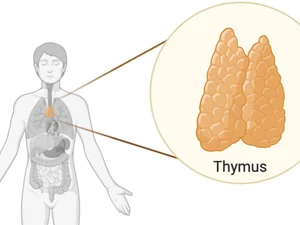
Guess what, today I’m going to talk about the coolest organ of them all, one that does not get as much attention as it deserves (some bias was added to this sentence). This organ ensures the development of our immune cells which are specialized in fighting infection and cancer. Yes, we will be talking about […]
Our Internal “Immune GPS”
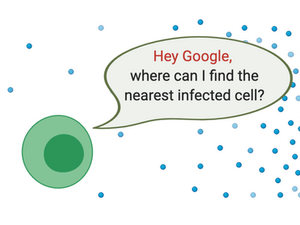
Do you remember the last time you had to go to a new place but didn’t know the way? You probably had no issue finding the path to reach your expected destination. Today, our phones will act as GPS and provide us with precise directions to go from point A to point B. Easy, right? […]
Could you please be tolerant? How the immune system prevents autoimmune diseases

If you are a little bit like me, you have also spent a lot of time trying to figure out how exactly our body is able to function the way it does. Picture this. The immune system is your internal defence mechanism, in order to provide you with the correct level of protection, it needs […]
